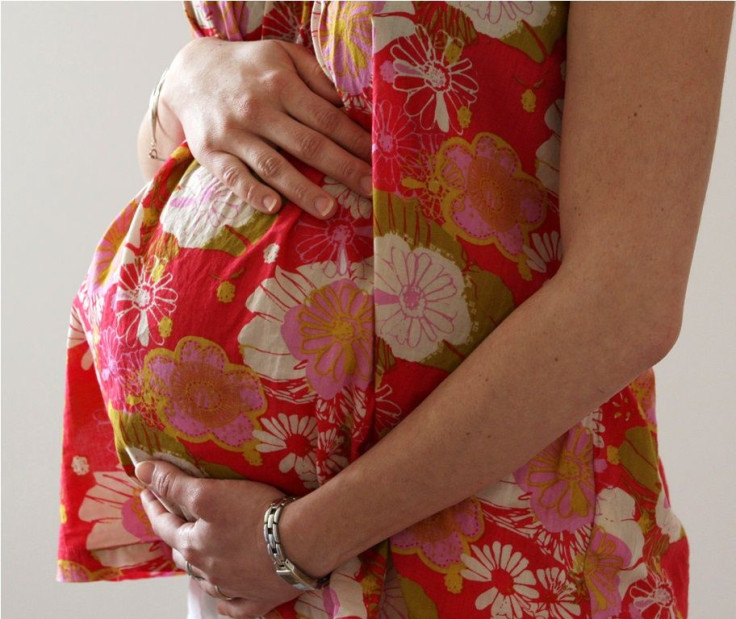Taking Acetaminophen During Pregnancy Is Linked To Lower Testosterone Production In Male Foetus, New Study Finds

Taking acetaminophen regularly during pregnancy could affect the testosterone levels of the male foetus, according to researchers. The new research suggests that this could affect the male child’s reproductive system later on in life.
Scientists at the University of Edinburgh found that the famous over-the-counter drug, acetaminophen or paracetamol, can interrupt testosterone production when taken for a week or more. "We would advise that pregnant women should follow current guidance that the painkiller be taken at the lowest effective dose for the shortest possible time," said Rod Mitchell, lead researcher of the study and a professor at the university, in a report from The Telegraph.
Acetaminophen, also known as paracetamol in different countries, is the most basic medicine used to relieve pain and reduce high fever. Pregnant women can safely take the drug in all stages of pregnancy and doctors generally prescribe it as well, according to WebMD.
The study published on May 20 in the journal Science Translation Medicine aimed at testing how acetaminophen affects testosterone production in male foetus. The scientists used mice implanted with human foetal tissue to mimic testes function and development during pregnancy.
Mitchell and his team gave the test subjects a dose of acetaminophen for seven days and then measured the levels of testosterone produced by the grafted tissue one hour after giving the final dose of the drug. Within a 24-hour period of acetaminophen treatment, no changes were recorded; however, the testosterone levels fell by 45 per cent after the drug was given for seven days, BBC News reports.
Dr. Martin Ward-Platt from the Royal College of Paediatrics and Child Health said in a report from The Guardian that the new study sends out an important message to pregnant women not to take too much acetaminophen for prolonged periods. He adds that the drug should only be taken as directed by the current guidelines set by National Institute for Health and Clinical Excellence, or NICE.
The Royal College of Obstetricians and Gynaecologists believe there is a need for further research. Dr Sadaf Ghaem-Maghami, a member of the scientific advisory committee of the college said that findings from an experiment using animal models should not be used as basis for recommendation on what’s considered safe or unsafe for expectant mothers.
To report problems or leave feedback on this article, email: wendylemeric@gmail.com.





















